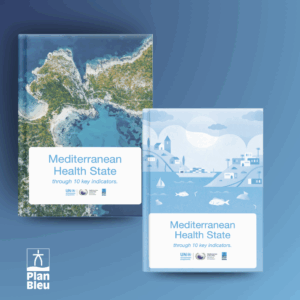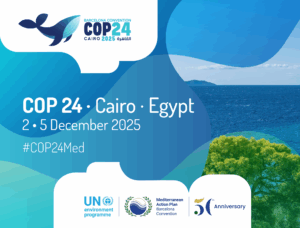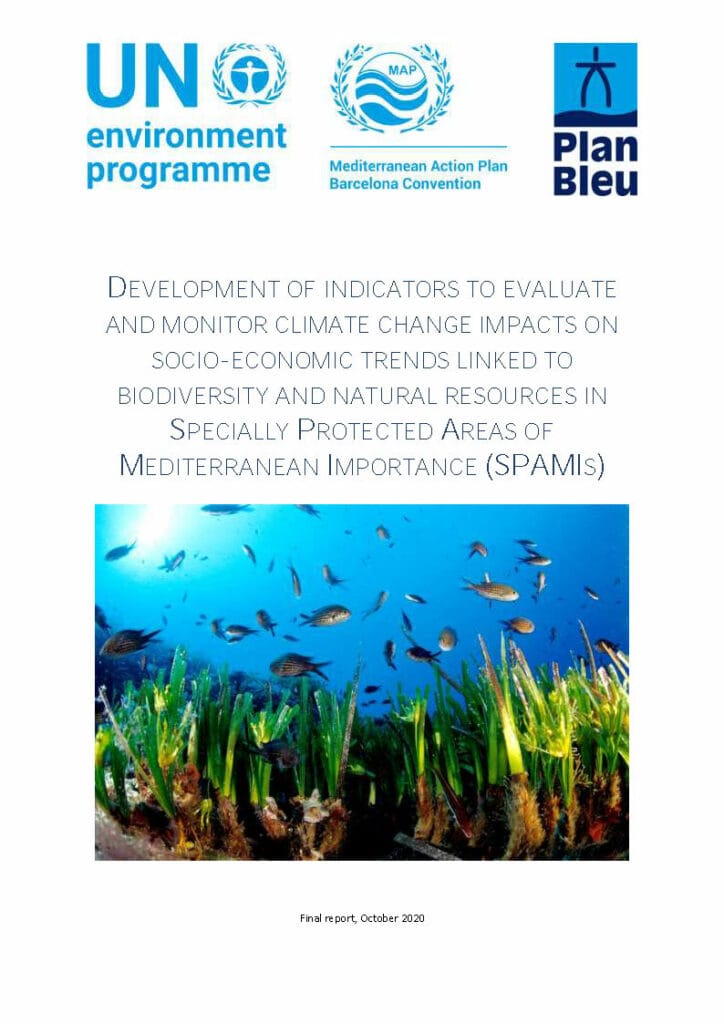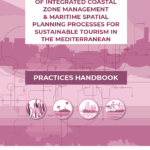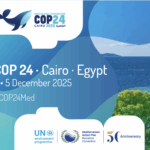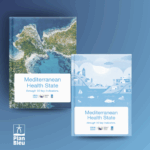Recognition that climate change represents a significant threat to Mediterranean marine biodiversity and to vitality of marine ecosystems has had a strong impact on the Barcelona Convention policy framework and the support provided to national policies and plans. Thus, five priority indicators to evaluate climate change impacts on marine ecosystems across SPAMIs have been identified by SPA/RAC in 2017 and recommended to managers and countries for implementation.
In the meantime, improved knowledge on socio-economic trends related to MPAs in a changing climate has been called for (directly or indirectly) in a number of Barcelona Convention policies and strategic documents – from Marrakesh Declaration through the Regional Climate Change Adaptation Framework to the MSSD – and is likely to remain in focus as climate change impacts on marine ecosystems are expected to accelerate.
So, the present report is meant to support decision making process through technical advice for MPA managers and countries based on scientific evidence and on the ground experiences in three selected SPAMIs. The report was developed to meet the following objectives:
- analyse how socio-economic values related to protected areas’ biodiversity and natural resources are impacted by climate change;
- how MPAs could help limit such impacts and/ or adapt to them;
- select and develop at least 4 socio-economic indicators to evaluate and monitor impact of climate change on biodiversity and natural resources in SPAMIs (2 indicators related to costs induced by climate change and 2 indicators to measure benefits for climate change mitigation and adaptation).






